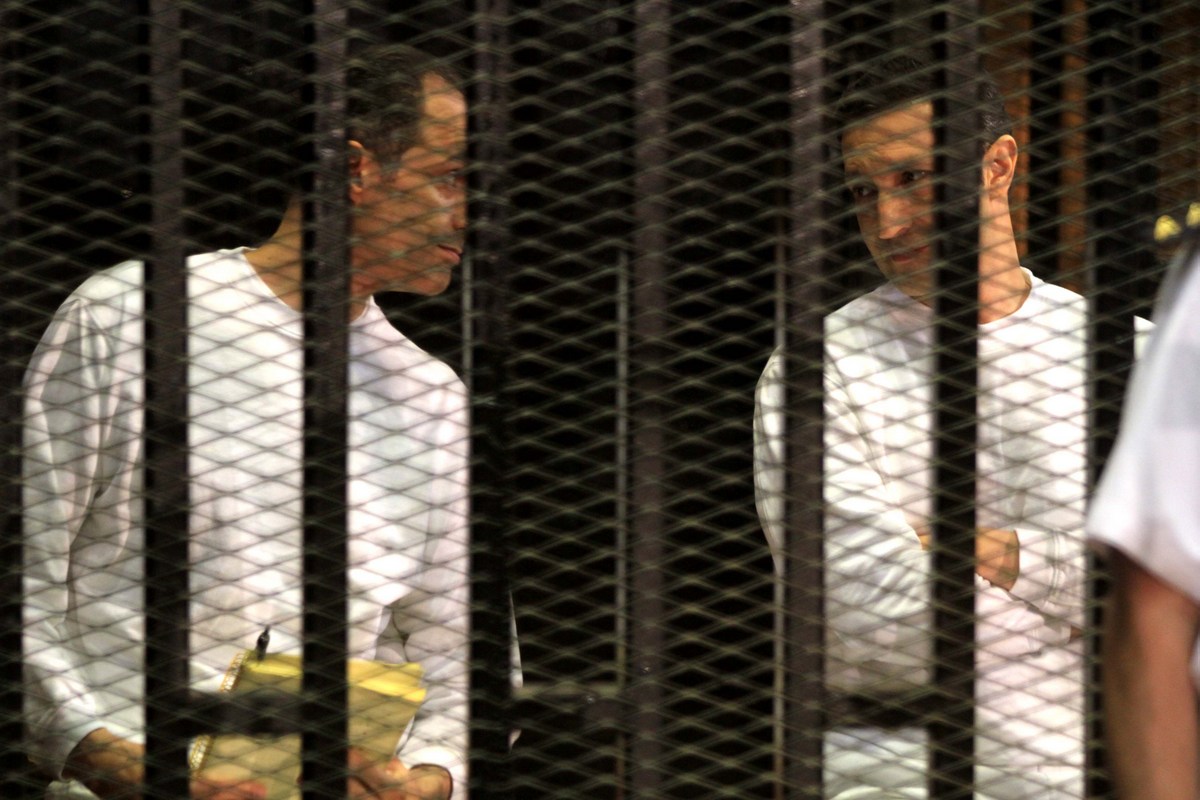Overcrowded rooms, medical negligence, and inadequate meals were among the violations observed by the National Council for Human Rights (NCHR) delegation during its visit to the Damanhour women prison in the Beheira governorate on Sunday.
The Sunday visit came as part of the council’s mission to follow-up on detention facilities and the conditions of detainees in punishment facilities.
According to the NCHR’s statement, released Monday, the delegation was welcomed by senior officials from the Interior Ministry’s Human Rights and Prisons department, whereby the delegation communicated its objectives for the visit.
The delegation inspected the prison wards, the incubators ward, the prison’s hospital, as well as the cafeteria, library, handicrafts exhibition and exercising areas.
Based on its meeting with several prisoners, the delegation noted their recognition of good treatment from the prison administration, and the provision of resources necessary for children such as food and medicine, and nearby places for childcare. The prisoners also acknowledged the measures taken by the prison to ease the effects of the recent heat wave that occurred in the past few weeks.
However, some violations were documented by the delegation. There were a number of cases in which inmates required medical treatment, but it could not be provided in the prison’s hospital. Furthermore, there was a complaint regarding the lack of lawyers available for prisoners who could not afford to hire a lawyer themselves.
The NCHR called on prison authorities to provide meals in accordance with prison regulations, to resolve the problem of overcrowding in prison wards, and to address the issue of the lack of lawyers available to prisoners.
The Ministry of Interior has acknowledged over-crowded conditions in prisons and police stations, and opened a new prison in May to reduce overcrowding inside security directorates and police stations.
The Interior Minister had agreed last week to an inspection visit by the NCHR to Damanhour and Abu Za’bal prisons on 23 and 24 August.
The NCHR members are required to obtain approval from the Ministry of Interior prior to a visit. This has been a source of complaint by members of the organization, as they believe it allows prison authorities the time to “settle everything” before the visit takes place.
As the only organisation with access to Egypt’s prisons, the semi-official NCHR has already conducted several visits to evaluate the conditions of prisons, such as Abu Za’bal, Tora, Qanater, Al-Aqrab, Tanta, Al-Marg and Wadi El-Natrun prisons since 2013.
There have been a series of legal cases against the Ministry of Interior, as several policemen and security officers have been referred to trial in cases of prisoners’ deaths inside detention facilities, especially police stations.
Meanwhile, the state repeatedly denied any torture claims, often referring to “some violations” and “individual mistakes”, as opposed to “systematic torture”. The NCHR clearly stated there was no systematic torture on a wide scale, and abstained from using the word.



